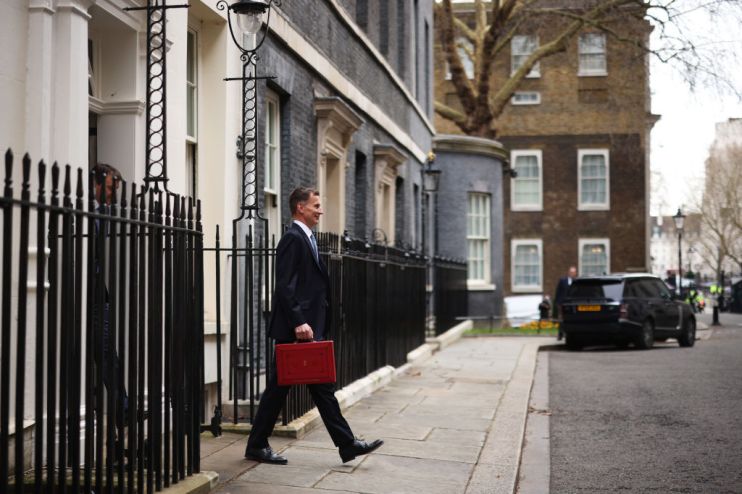Without reform, the UK will sleepwalk into another cost of living crisis

Decades of complacency got us into the cost of living crisis, and we’ll face another one if we don’t change our ways, writes Adam Hawksbee
There’s still an air of mystery around next week’s Budget. How much fiscal headroom the Chancellor has to play with, and what he chooses to do with it, remains shrouded in speculation. But one thing is clear: there will be a heavy focus on the fall in inflation.
Ministers should curtail any celebrations. We have to ask why Britain was hit so hard by this inflationary shock in the first place, especially compared to our G7 peers. Since the end of 2021, the UK’s consumer price index has risen by 15 per cent compared to 10 per cent in the US and France. While higher interest rates have begun to restore balance, the impact has been felt by the poorest regions and most vulnerable families. And managing the fallout has not come cheap: the government’s cost of living support has totalled almost £100bn over the last two years.
The benign inflationary and low interest rate environment of recent decades has allowed our susceptibility to price shocks to be overlooked. In these good years, our economic system has prioritised efficiency at the expense of resilience. We need to act, because more inflationary shocks are coming – spurred by rising disruption from climate change, heightened global conflict and the diminishing deflationary effect of manufacturing shifts to Asia.
In short, Britain needs to be better insulated against volatile prices. Companies are making adjustments of their own, shoring up supply chains or building reserves to increase their resilience following the pandemic and Ukraine war. But the government also has a role to play in digging out the root causes of our vulnerability and developing supply-side solutions to reduce long term exposure to inflation.
Transforming the energy system is crucial. Inflationary spikes in energy prices have preceded four of the last six recessions. The UK needs to reduce its reliance on volatile natural gas by expanding home grown renewables, accelerating grid development, building out energy storage capacity and increasing interconnectedness with neighbouring countries’ electricity supply. The challenge, as always, is making sure the costs of the transition don’t fall on the poorest households who are most likely to live in draughty homes or use dated technology.
Our food system will also need to evolve. The answer is not just to cry “buy British”, which could increase exposure to domestic shocks. Instead we need to enhance the climate resilience of domestic production, diversify imports and resolve supply chain inefficiencies such as HGV driver shortages.
Ministers must also confront the extraordinary levels of economic inactivity that are behind our tight labour market. High levels of immigration have obscured the scale of the challenge, but last week’s contrast between stagnating GDP alongside declining GDP per capita laid the problem bare.
The big prize in reducing our susceptibility to inflation, and keeping interest rates low, is economic growth. Low levels of public investment are behind Britain’s growth challenge, but both parties remain committed to tight fiscal rules that limit their ability to borrow. Only by making that borrowing affordable can we secure the investment the economy so desperately needs.
The UK dealt swiftly with the most recent bout of inflation. But the human costs were real. This year, Britain’s poorest households will face living standards 20 per cent lower than in 2019-20 and they are not expected to recover until 2027. We cannot, once again, become complacent.